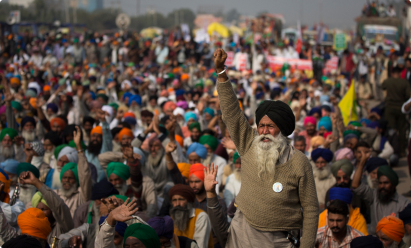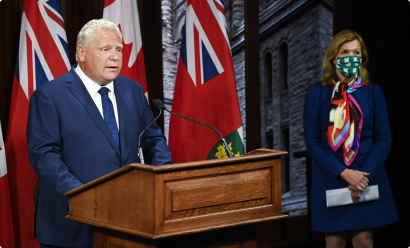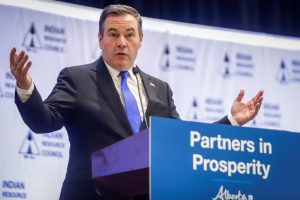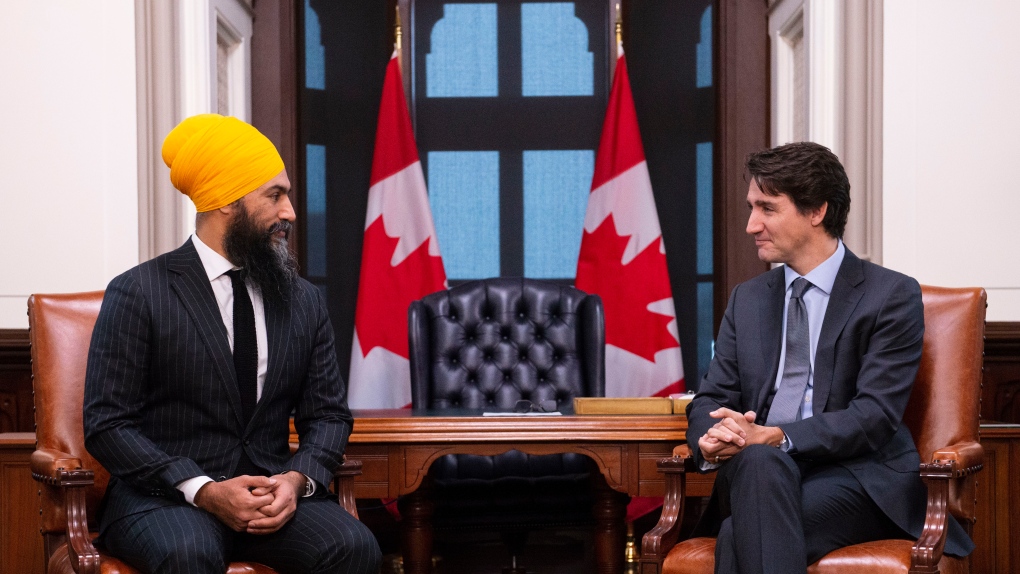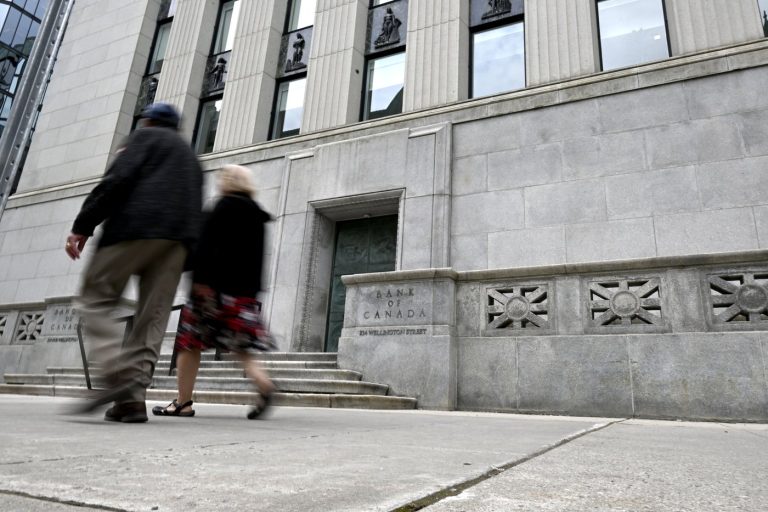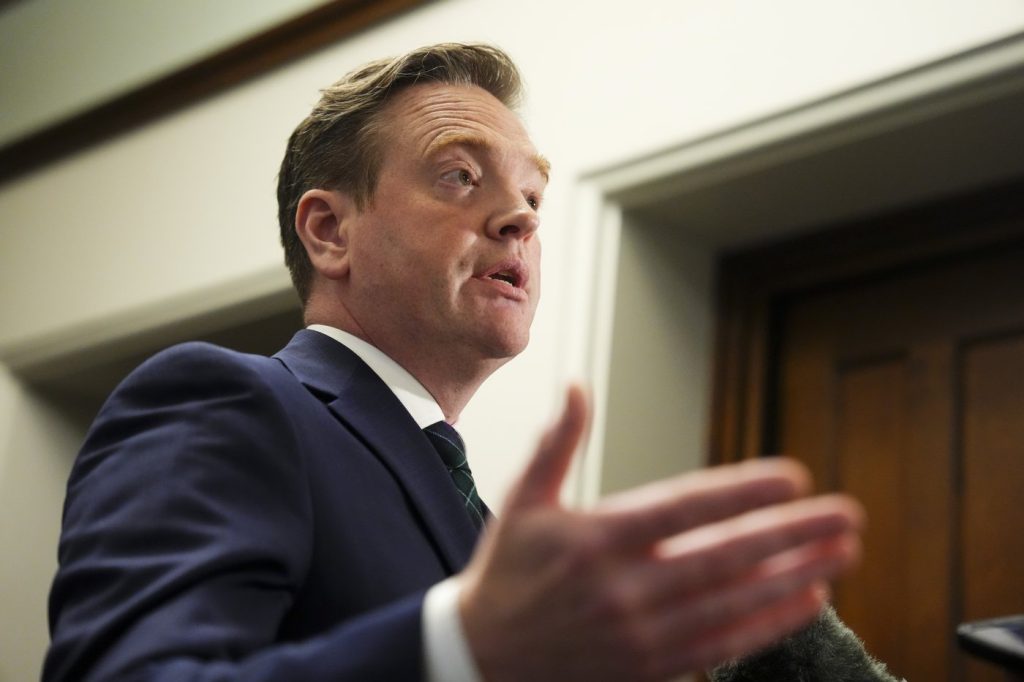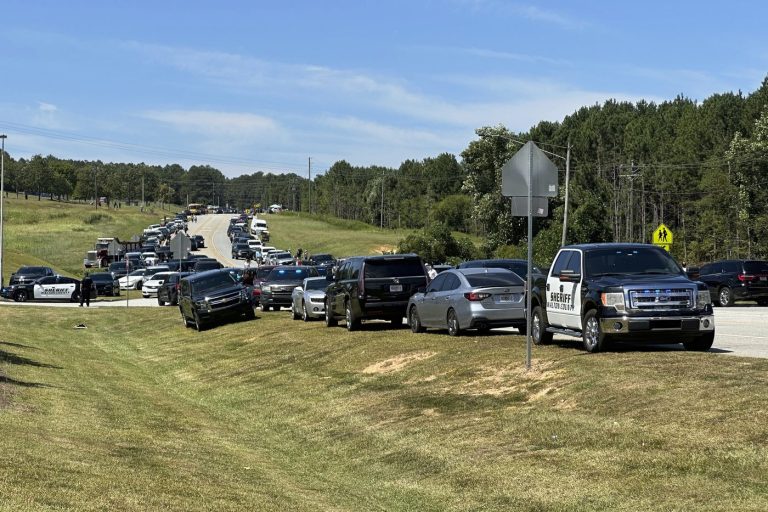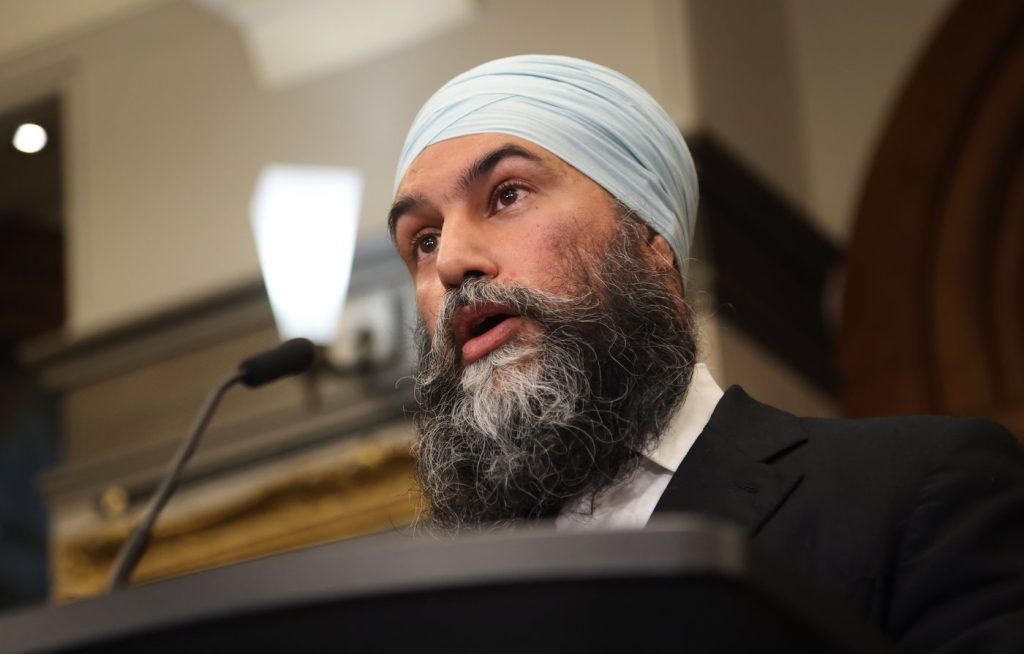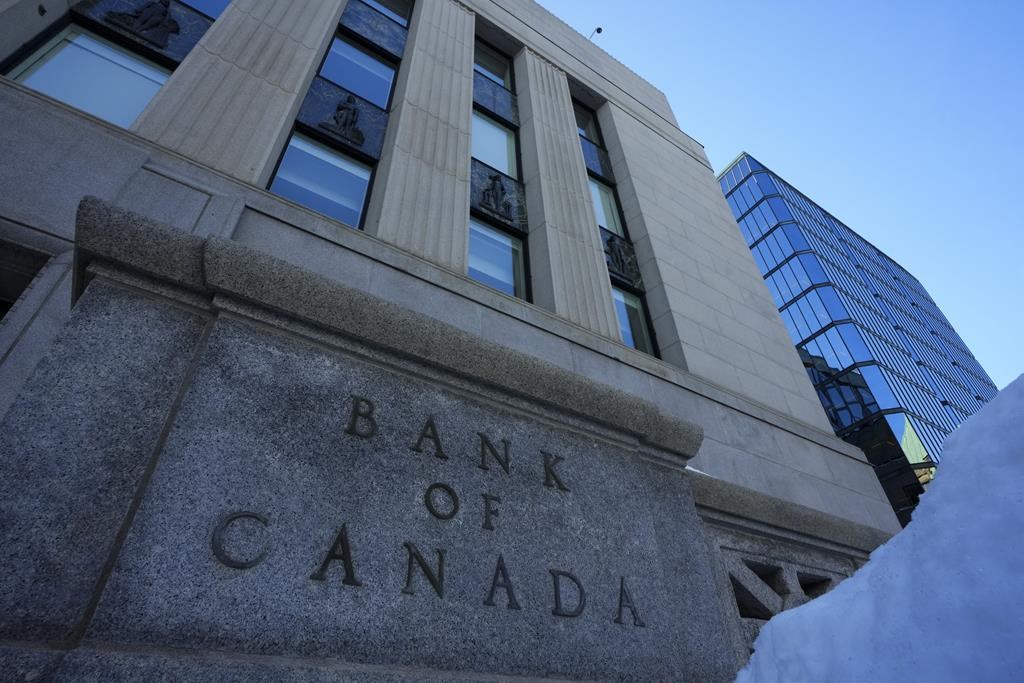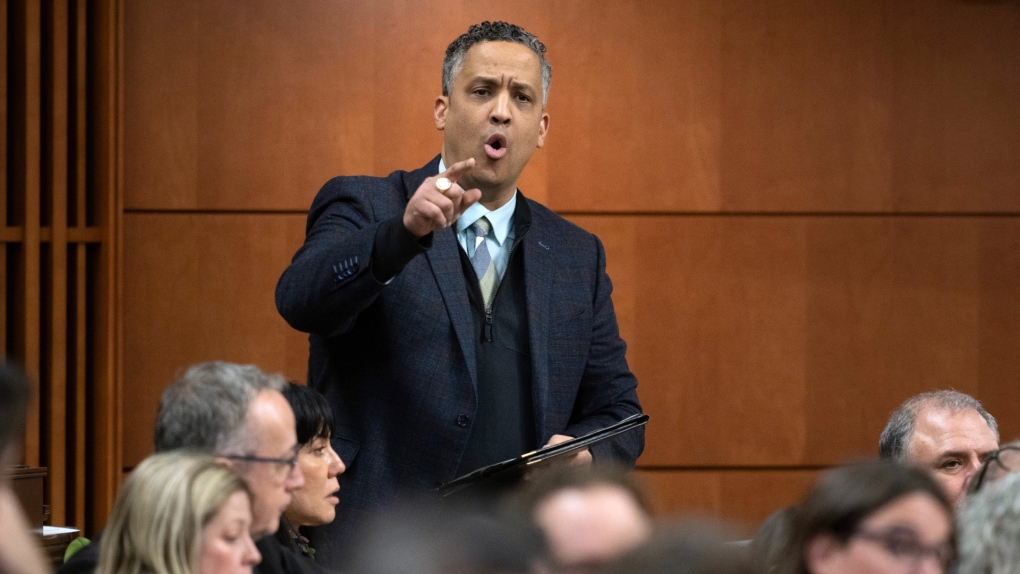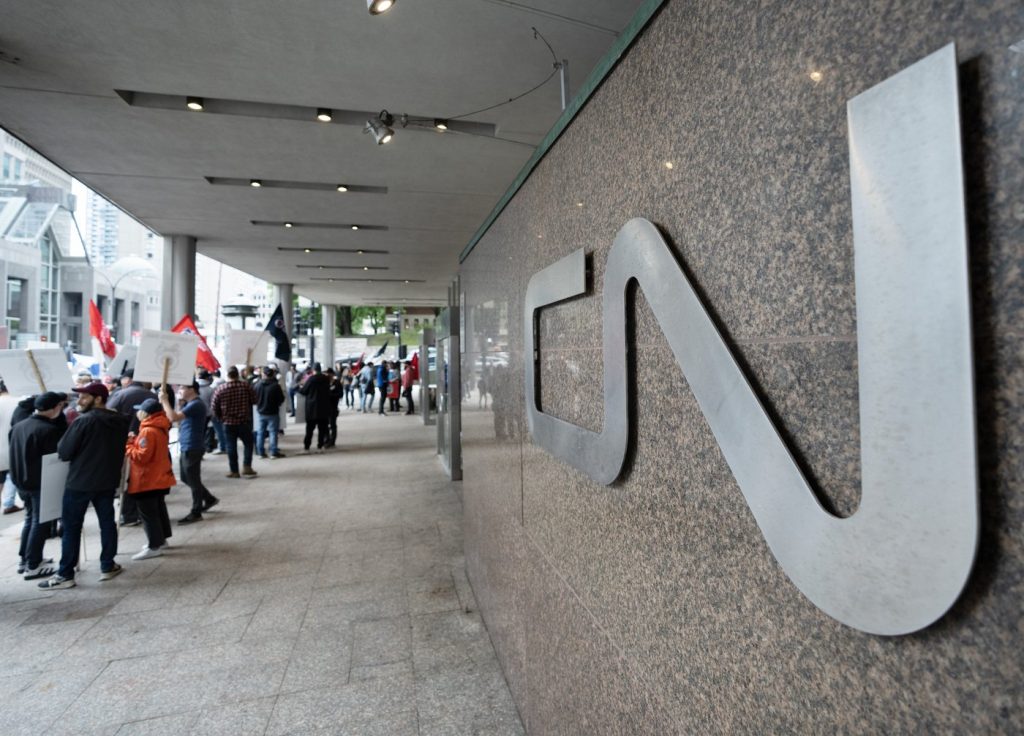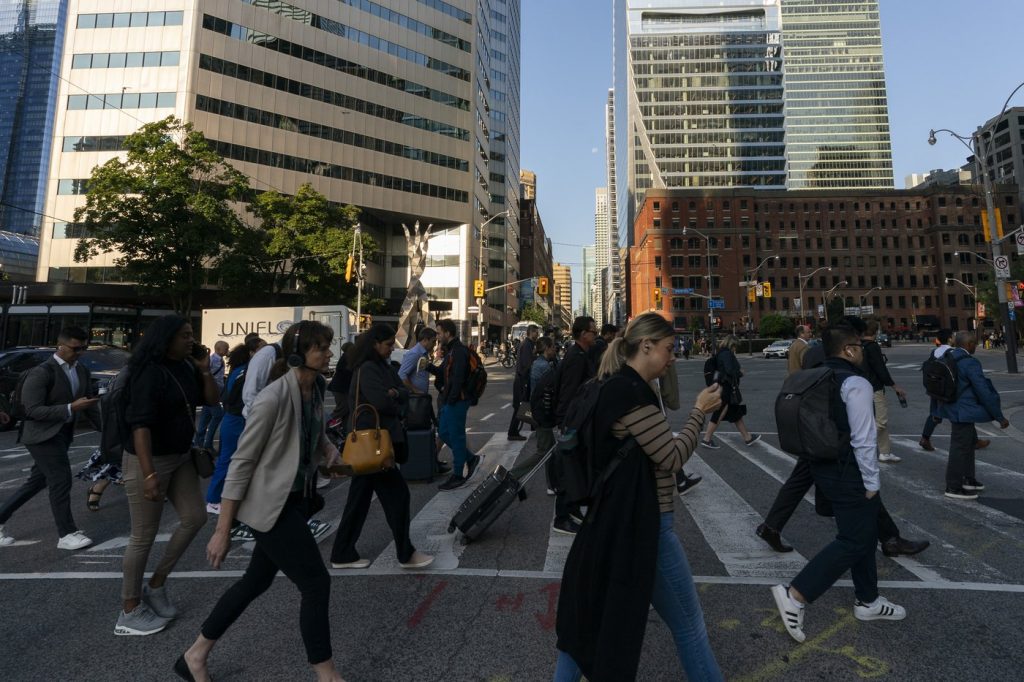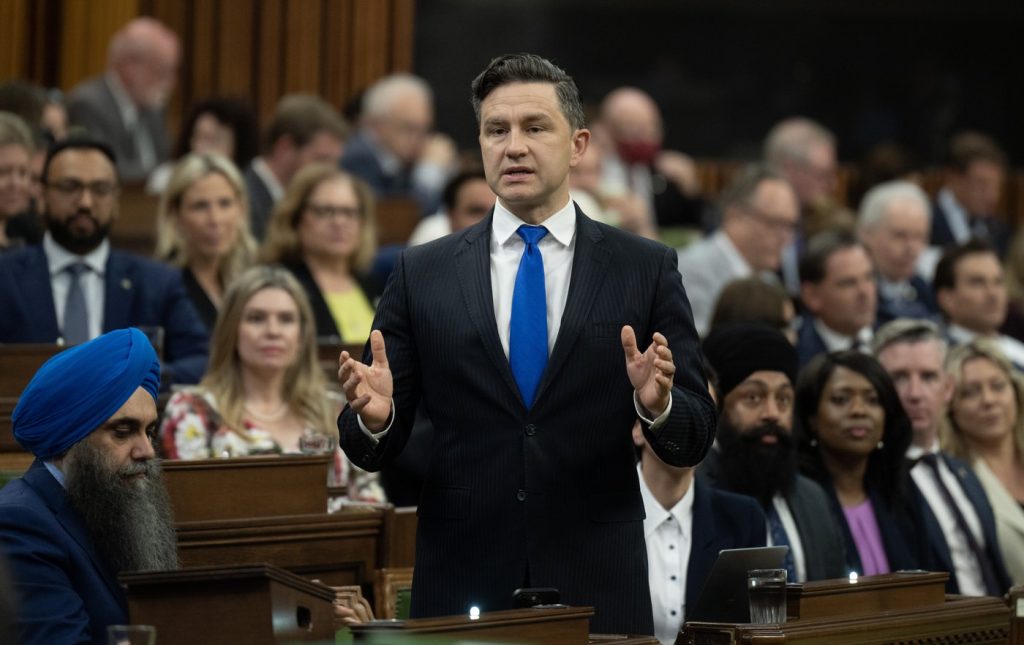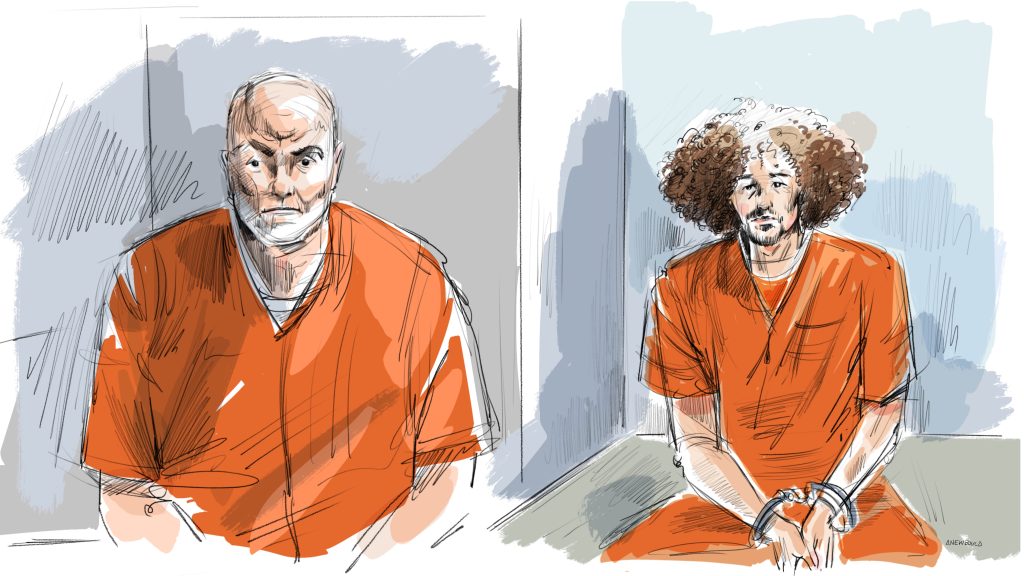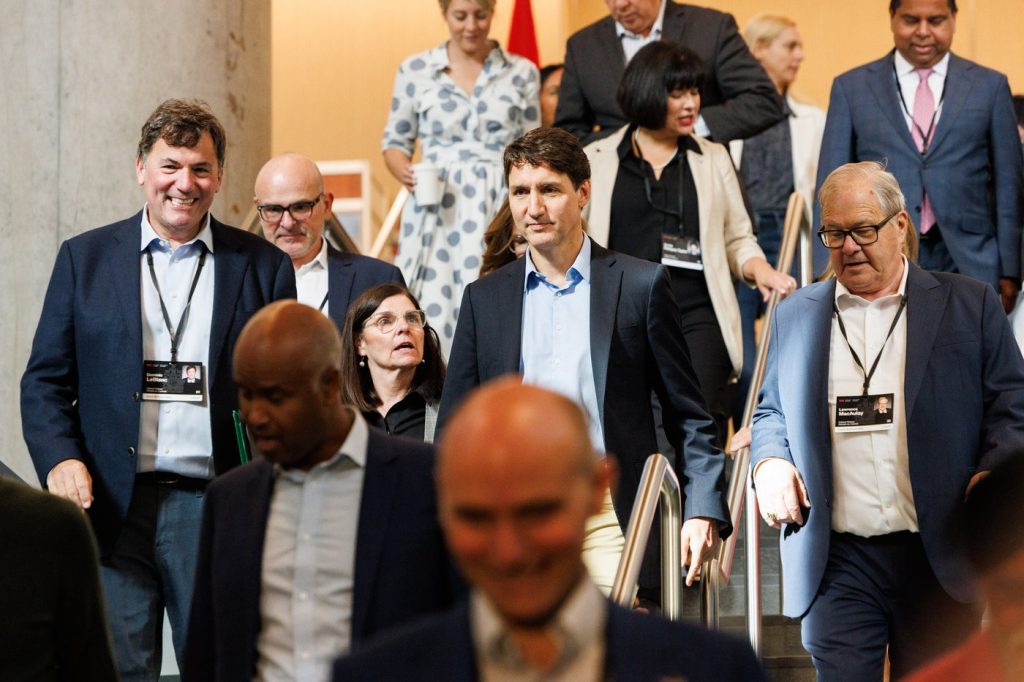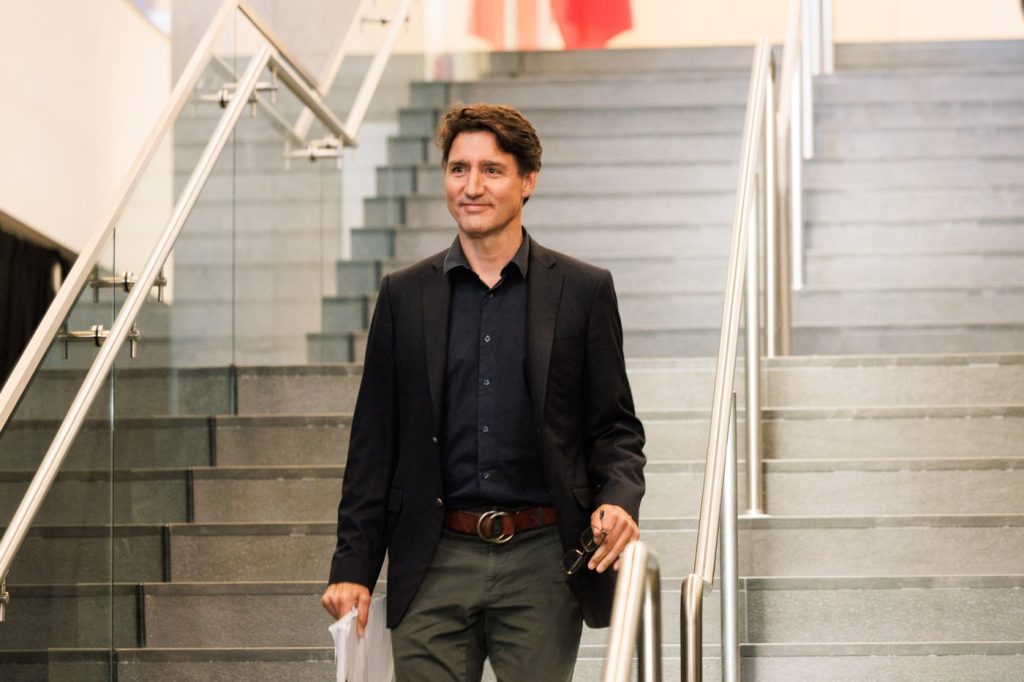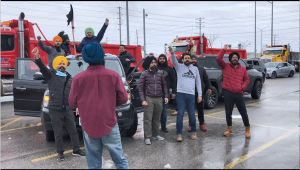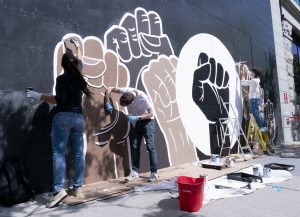Alberta Premier Jason Kenney is under fire after delivering a ‘wake-up call’ to the South Asian community in Calgary that painted home gatherings as a voluntary choice behind rising COVID-19 rates in the region.
Kenney joined RED FM 106.7’s Rishi Nagar on November 26th to discuss the spread of the virus in North East Calgary, starting the conversation by denouncing large gatherings in the South Asian community.
“We know that it is a tradition to have big family gatherings at home, and we think this is one of the reasons why we have seen a much higher level of spread in [the South Asian community] than in other parts of the population,’ Kenney said.
“I’m calling your program with a wake-up call. We must have people understand the new law is no social functions at home.”
“I don’t say that to blame or target anyone,” Kenney said.
“The fact of the matter is this; one of the beautiful, wonderful things about my friends in the South Asian community is a strong, strong sense of family and hospitality.”
It’s a pointed discourse that many critic and advocates have spoken out against, saying it looks at South Asian people and traditional celebrations as a scapegoat for high rates of COVID-19, instead of looking at the underlying problems putting the community in high-risk situations.
Amanpreet Brar is a general surgery resident physician at the University of Toronto and co-founder of Humans in Brampton, a social media initiative showcasing members of the South Asian community working through the COVID-19 pandemic and the socioeconomic barriers they face.
According to Brar, multigenerational housing is not only a cultural practice, but a necessity for families already struggling against unreasonably high living expenses.
“A lot of times multigenerational housing is reflective of the financial constraints this population faces,” Brar said.
“Communities like Brampton, North-East Calgary, or Surrey in B.C. we know they consist of mostly racialized groups and new immigrants,” Brar said.
“New immigrants particularly and those working minimum wage jobs have huge financial constraints. They can’t afford housing, child care services so they tend to stay together in large families.”
View this post on Instagram
When it comes to providing for their families, Brar said many new immigrants are forced to work low paying jobs in high-risk situations to make ends meet.
“They make up a significant portion of the labour force in sectors such as manufacturing, trucking, transportation …these are frontline workers and the workplace inequities that exist are huge,” Brar said.
“A lot of the times workers are on a temporary basis, they don’t even have a weekly contract…..no vacation, no paid sick leave and really they’re afraid to even get tested sometimes because they’re afraid to lose their job.”
RedFM host Rishi Nagar made this point to Kenney early on in their conversation, and while the premier acknowledged some people may be at risk because of their work, he insisted the bulk of COVID outbreaks still come from large social functions.
“I have a tremendous amount of respect for people in those types of situations, in those service industries, but our data, our numbers, our research is clear, Rishi, that by far the single-largest source of transmission of COVID-19 is private social functions,” Kenney said.
“Generally speaking, workplaces have been pretty safe. If it was just a question of workplace transmission, we would not be in this crisis right now.”
Many on social media pointed out that hundreds of anti-mask protesters had gathered Calgary just a couple days before the RedFM radio interview, with no comment from Kenney on the blatant disregard for COVID-19 restrictions.
Kenney blaming Calgarians from a certain part of Calgary for the increase in cases. Does he know what happened at the mall Friday? We are seeing increases in other places as well. This is called scapegoating.
— Kari Whan (@kariwhan13) November 30, 2020
The inconsistent messaging was not lost on Dr. Paragat Bhurji, a pediatrician in British Columbia and advocate for better healthcare access for marginalized communities.
“The messaging that happened in Alberta by Honorable Jason Kenney, going on the radio and talking specifically about a group of people that I also belong to,” said Dr. Bhurji, “I would urge Premier Jason Kenney to clarify this situation.”
“Mixed messaging is not good in this pandemic time, because thousands of people gathered [at the anti-mask rally], but there wasn’t any comment from Premier Kenney. So we think it’s most likely scapegoating.”
Brar has the same concern around messaging in Ontario, where many people pointed out the harsher messaging around Diwali versus Christmas from the City of Brampton.
Look at these tweets by the City of Brampton, one is telling people to come to the (in person) Christmas market, the other is telling people regarding Diwali "Don't gather with anyone outside your household", and these were sent 70 minutes apart. pic.twitter.com/oxPG1nl5TA
— Brampton's recorder (@BramRecorder) November 15, 2020
“We’re seeing a greater disconnect, there is mixed messaging; I’m worried it’s going to cause a rise in COVID cases even more in these communities. That’s my biggest worry,” Brar said.
“This population is already putting themselves at risk by doing this frontline jobs and then on top of that being stigmatized and shamed.”
Despite Kenney repeatedly saying he didn’t want “to blame or target anyone” during his interview, Bhurji said inconsistent messaging around restrictions and not considering every single factor playing into disproportionally high rates of COVID-19 in select communities still did just that.
“The vaccine is coming, but in the meantime look at the root cause, put resources in the proper areas,” Bhurji said.
“Even if you look outside of COVID times, traditionally heart disease, obesity, depression, cancers….these things are very very high in these areas because resources are already very small.”
It’s a similar message from Brar in Ontario.
“These are frontline workers,’ she said.
“They face harsh and persistent inequities whether that’s workplace or housing or healthcare even. We really need to focus on addressing those without blaming or shaming racialized communities.”
